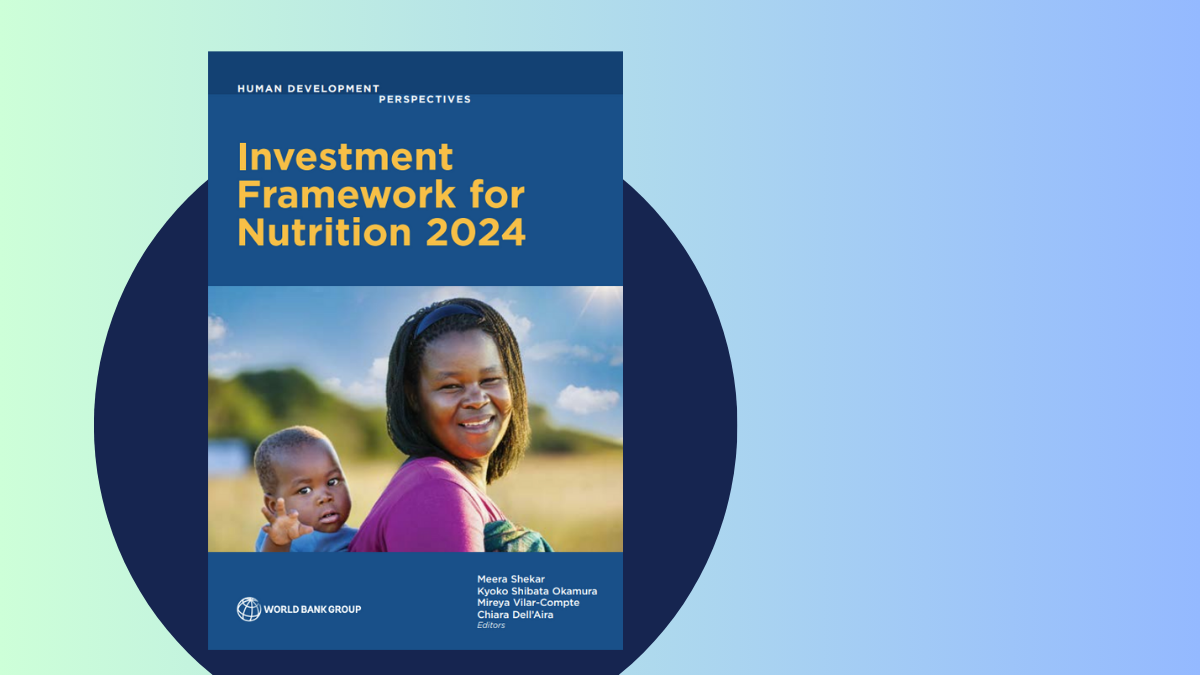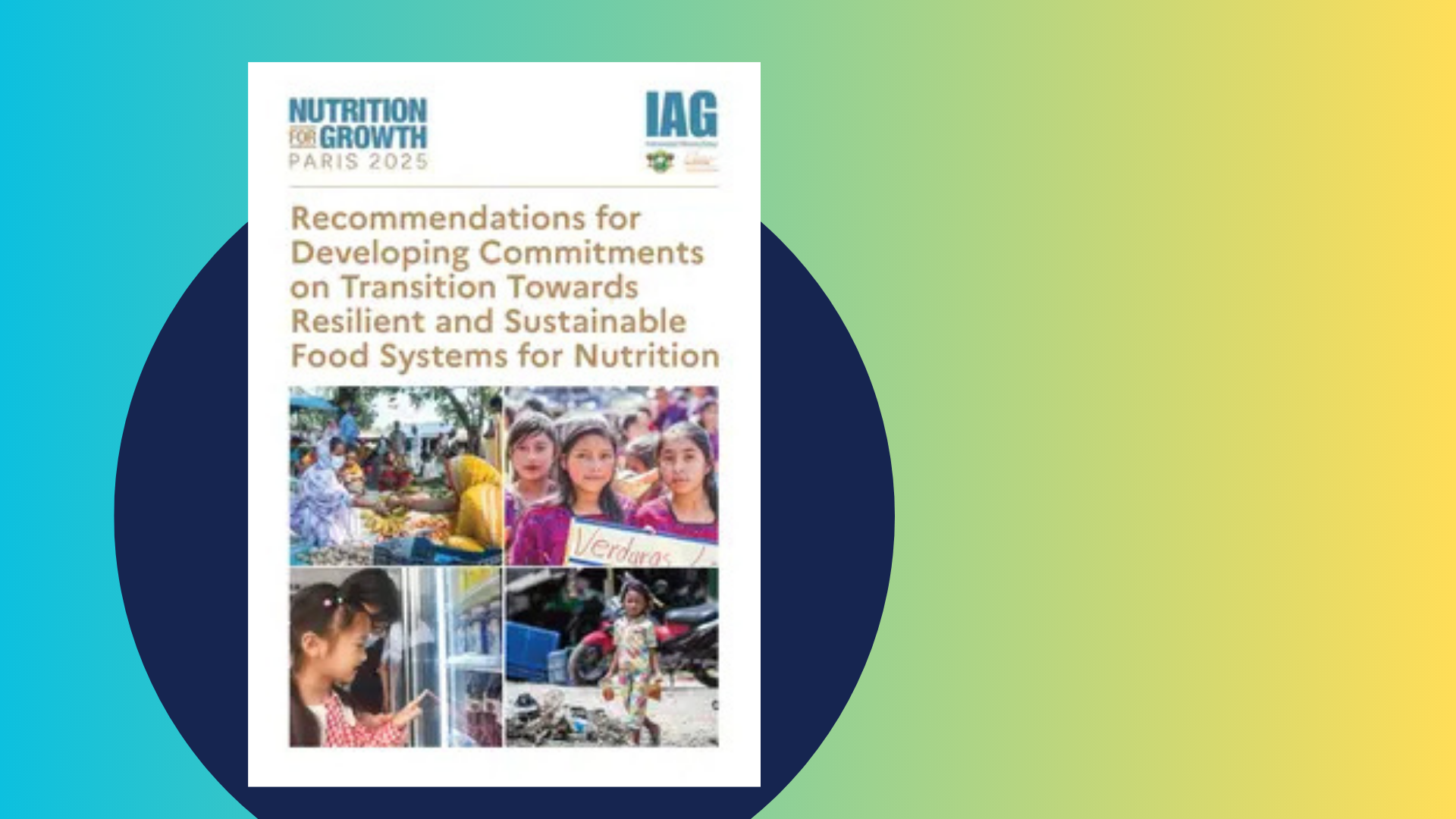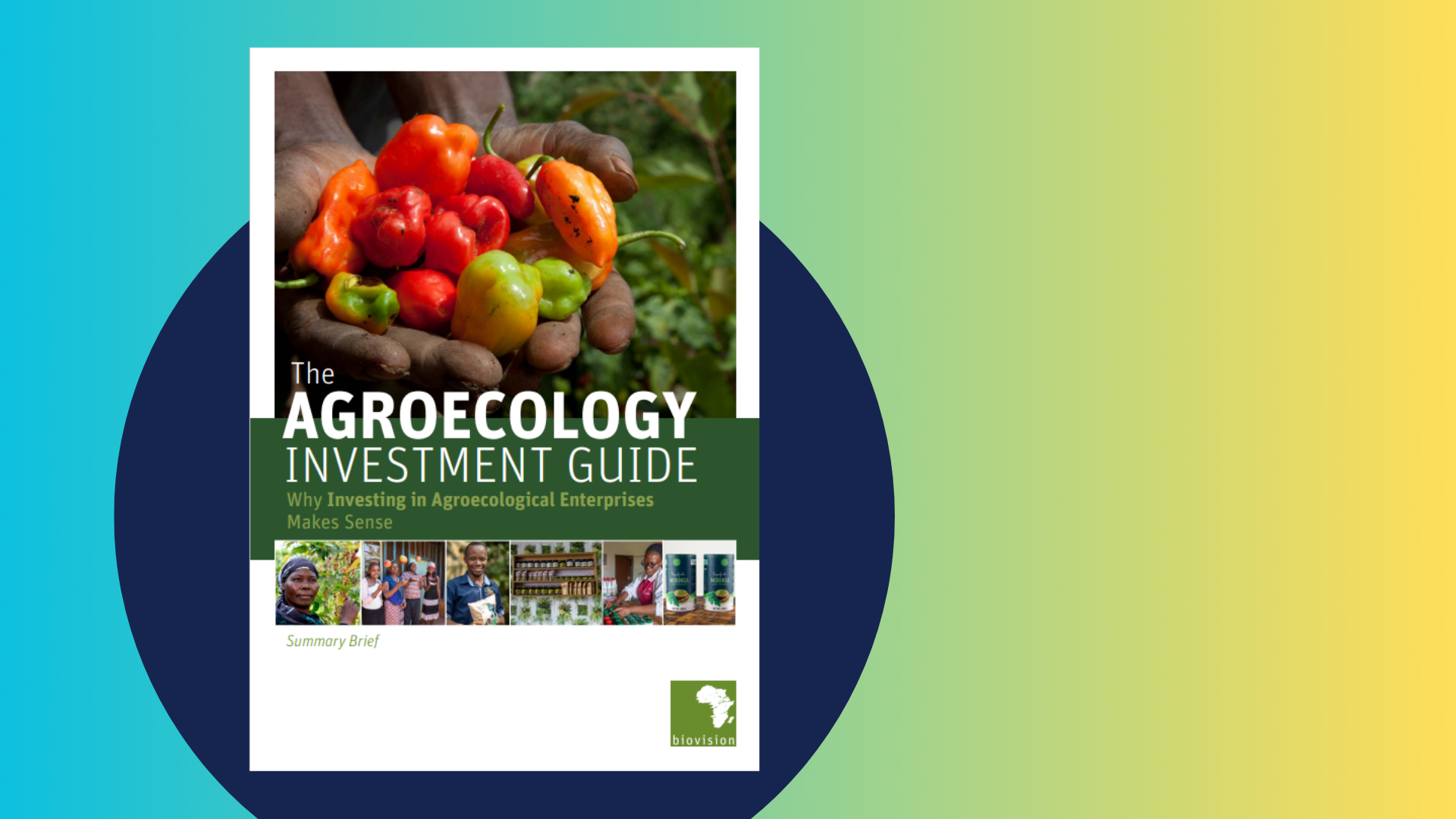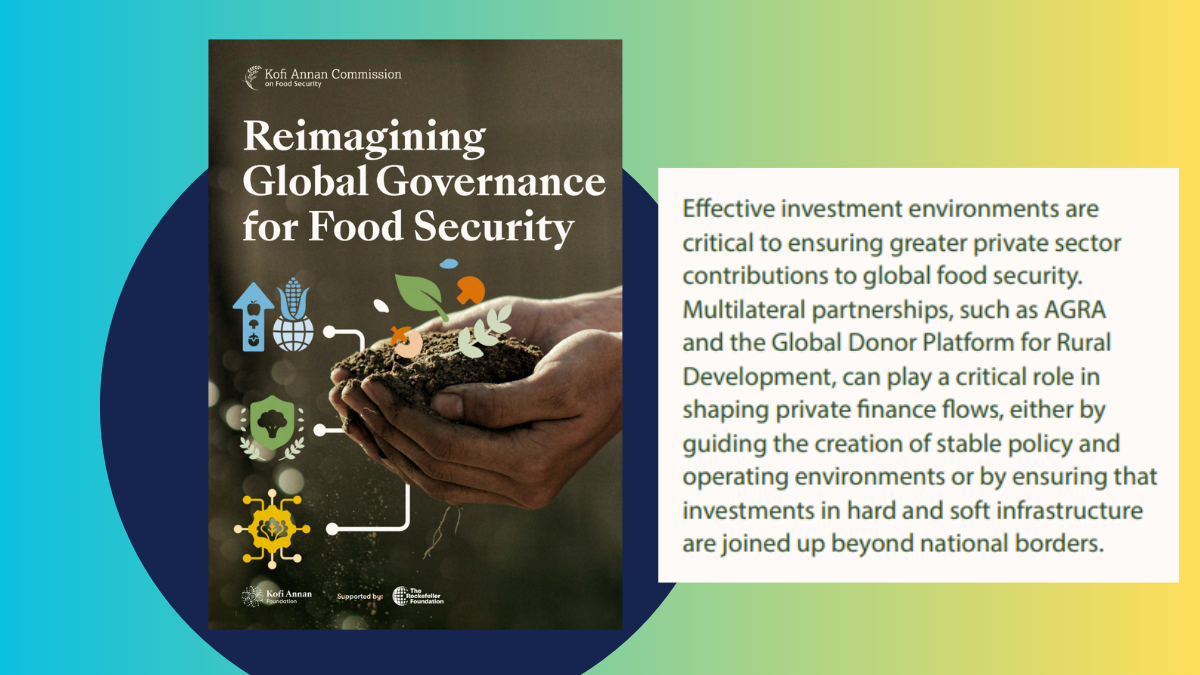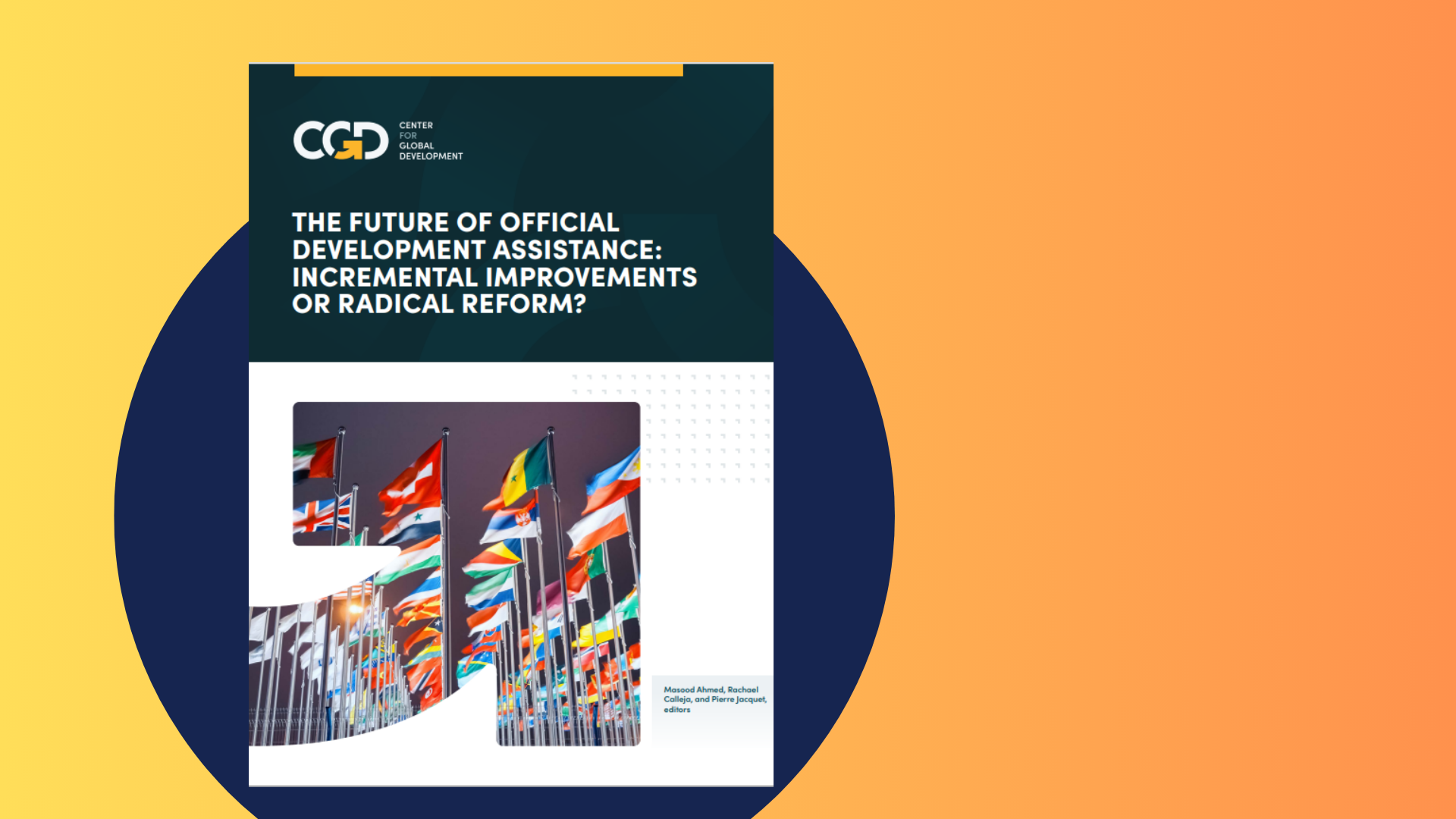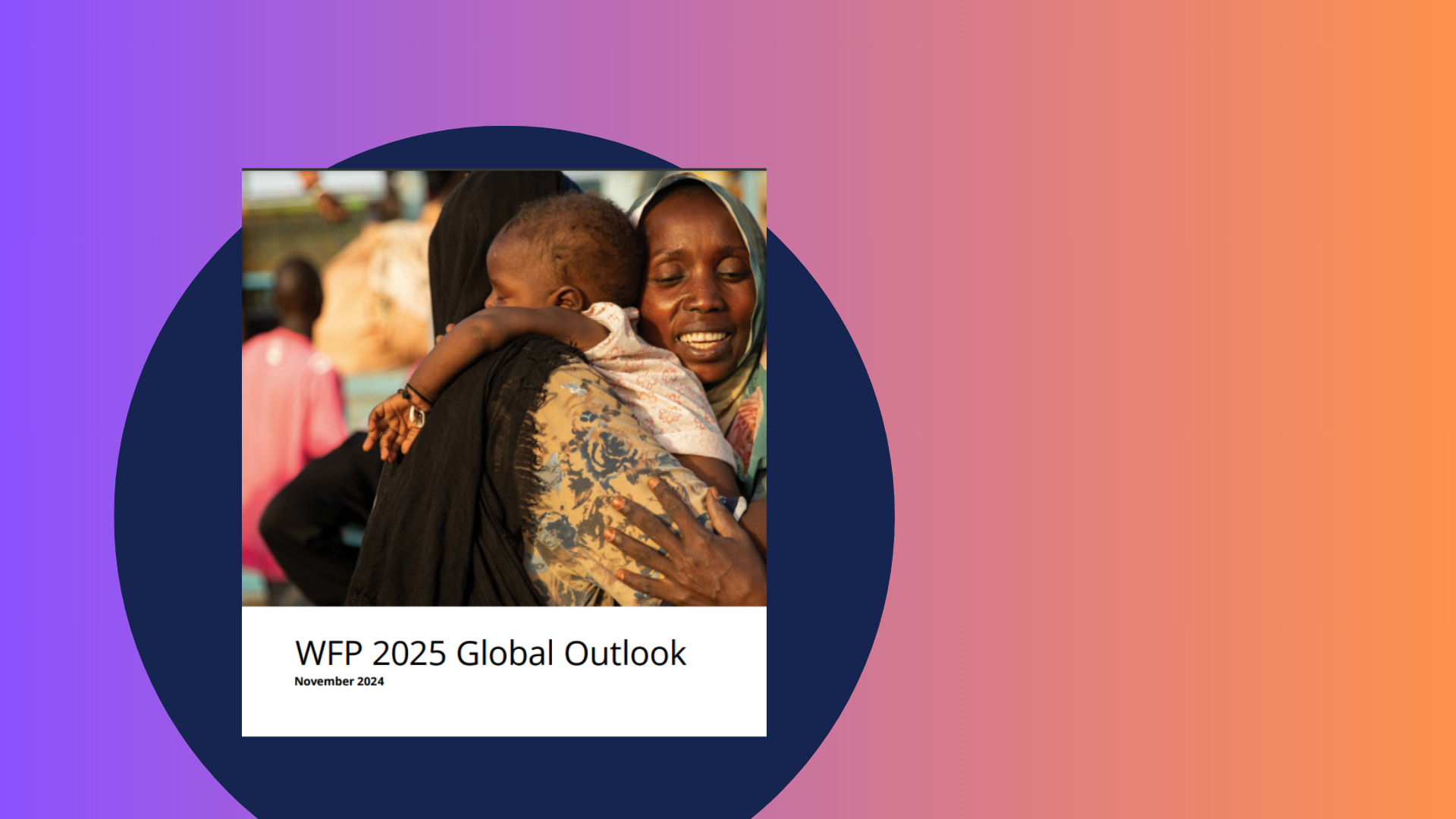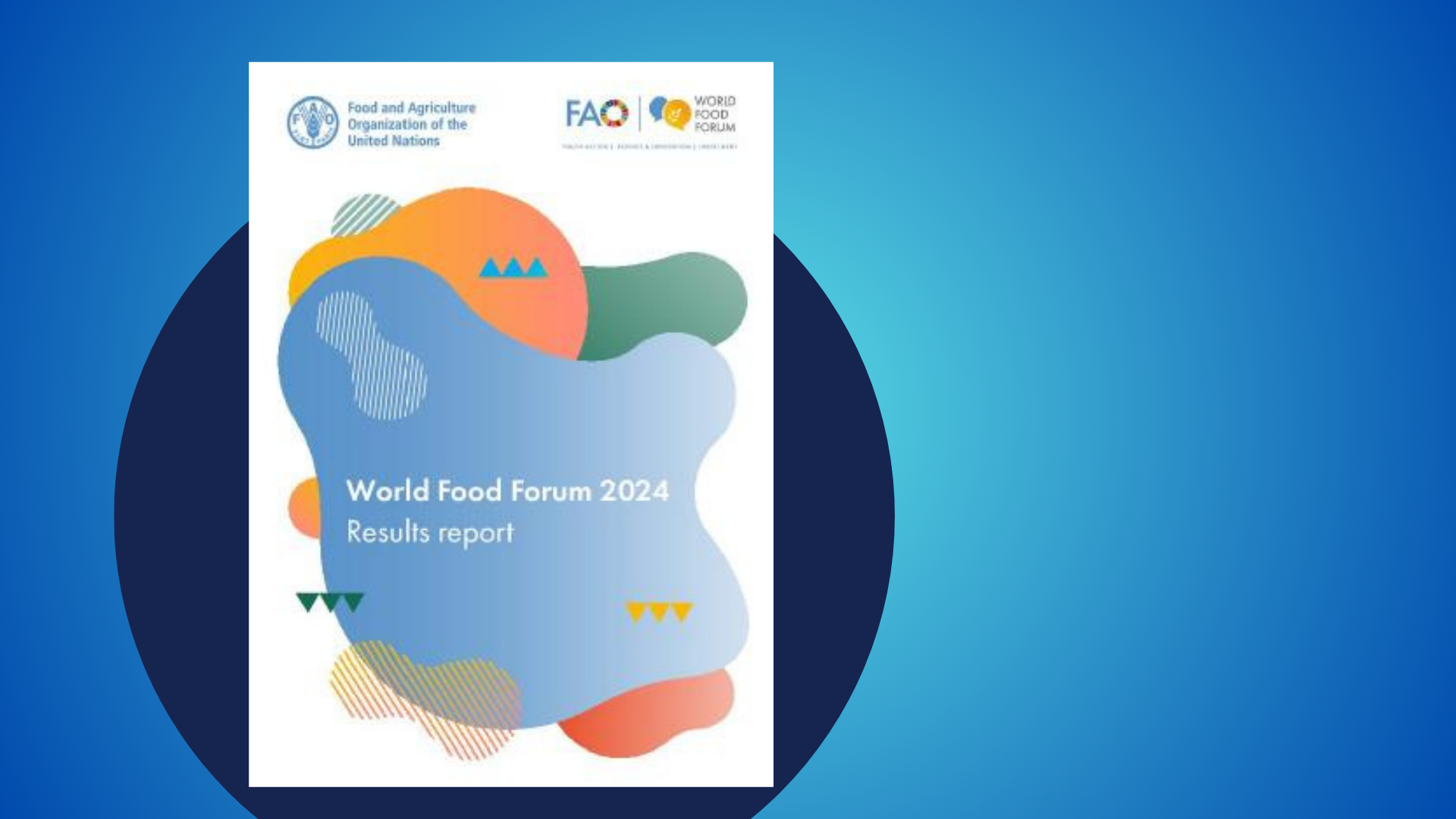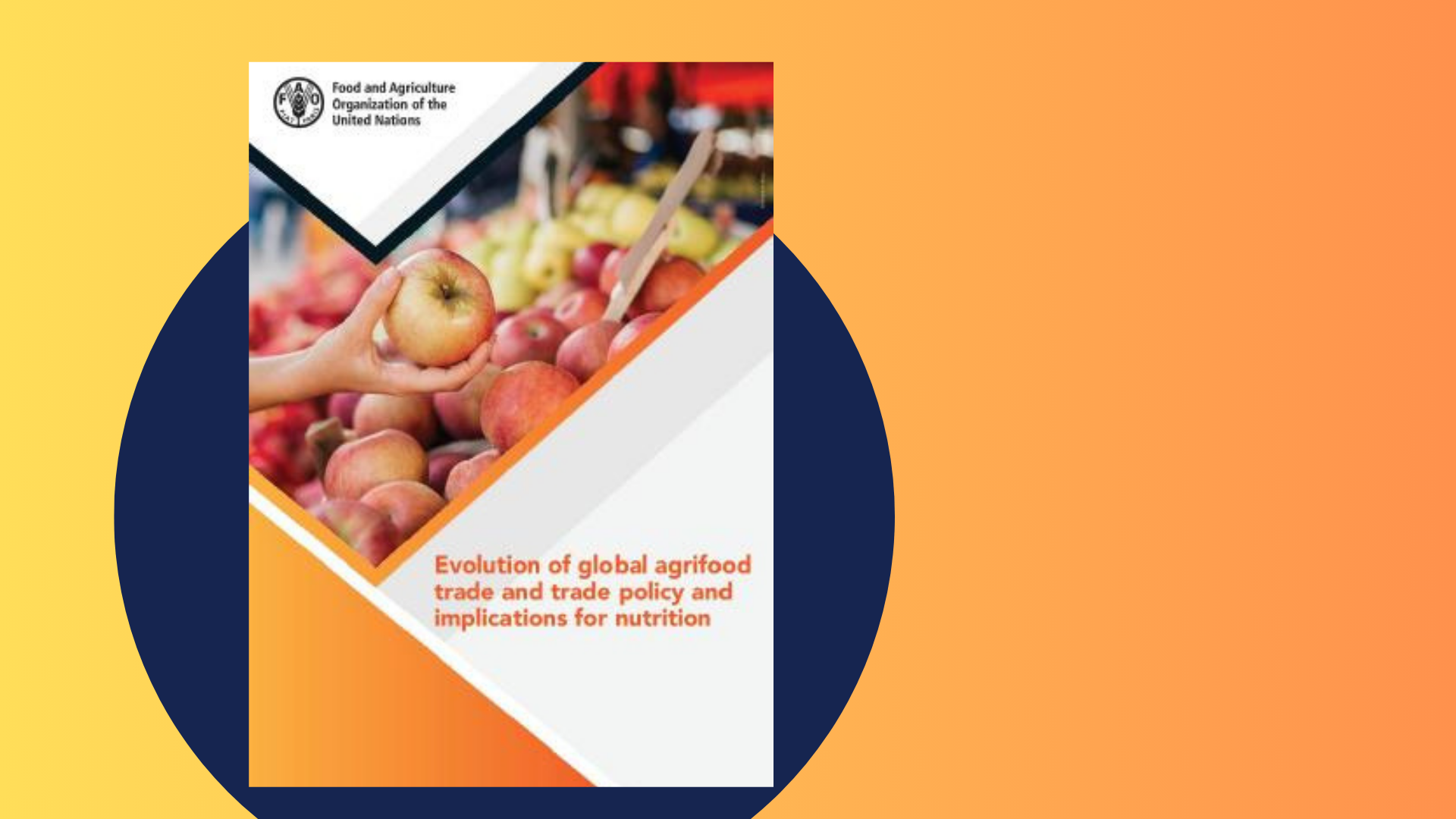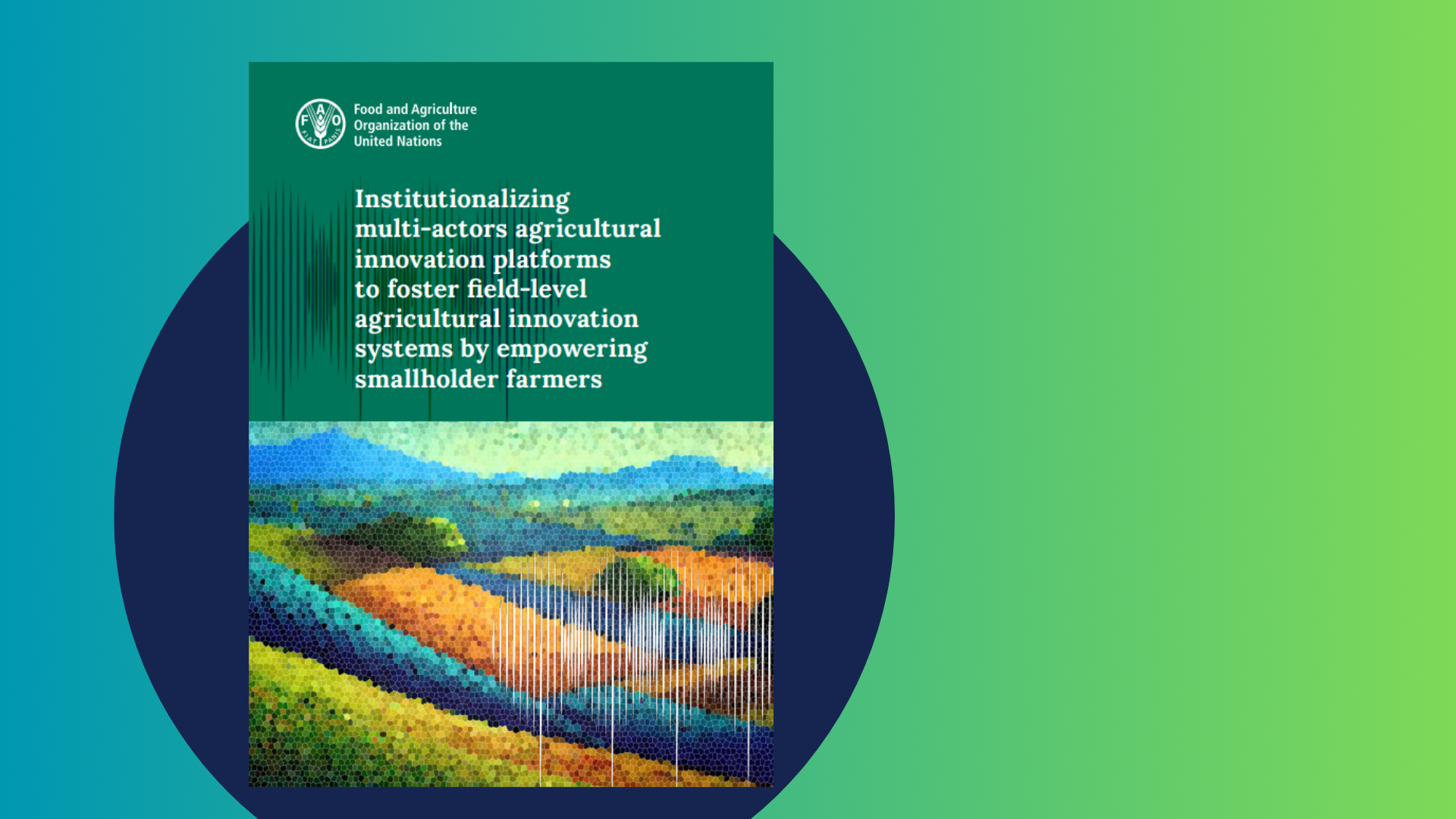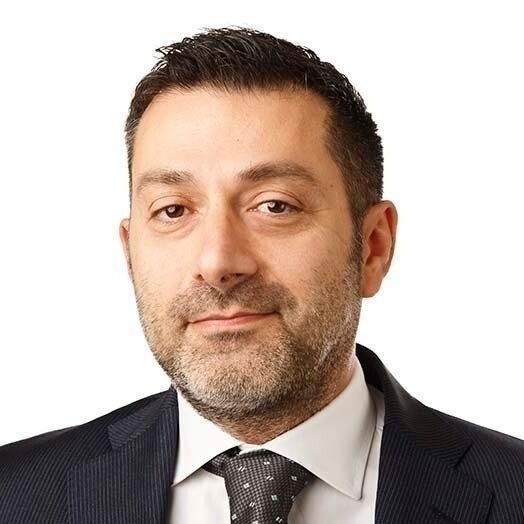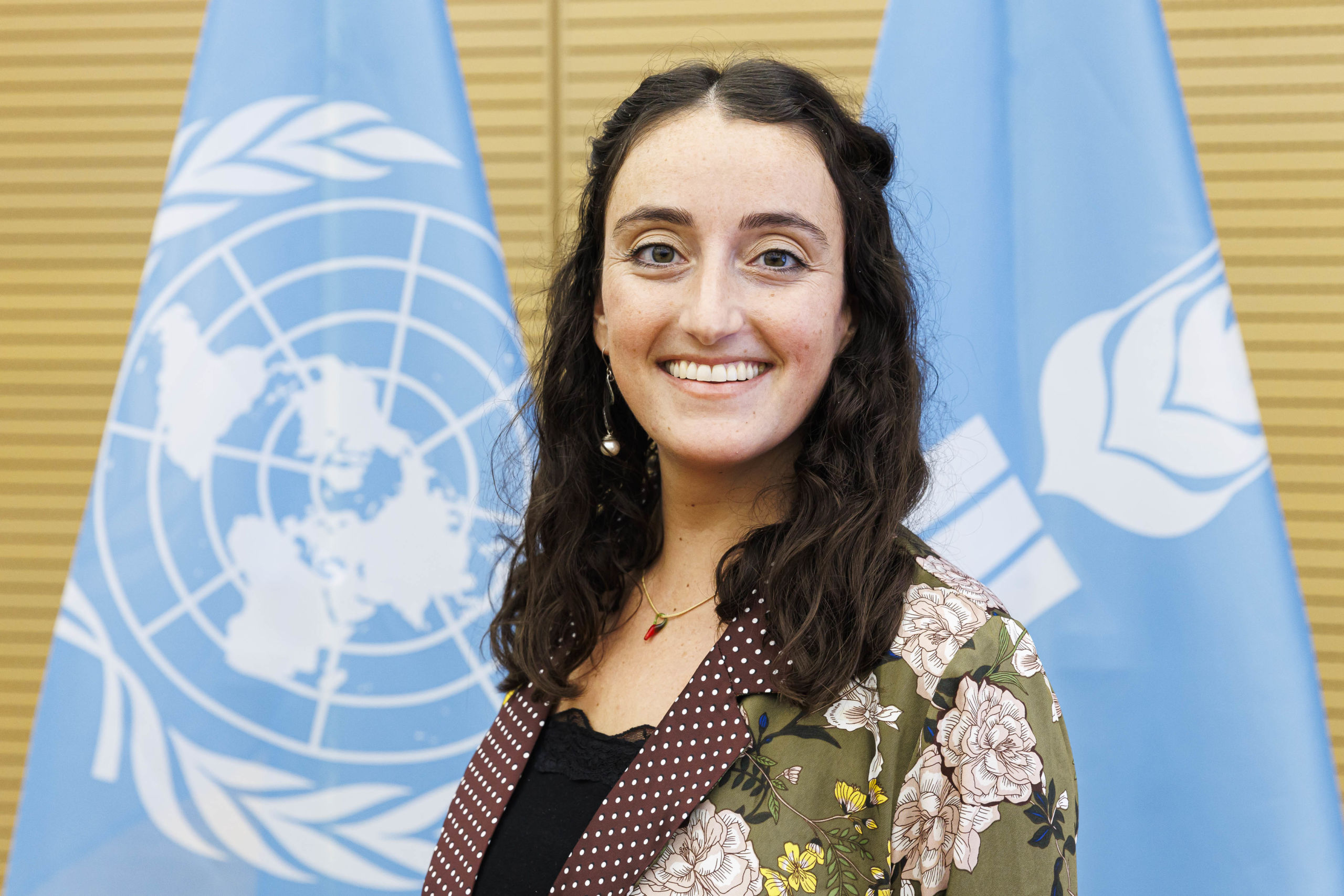Workstreams
Donor coordination for food systems transformation
Building on the overall focus of the Global Donor Platform for Rural Development (GDPRD) on donor coordination, the GDPRD conducted a review and investigation of good practices in donor cooperation for food systems and rural development. This workstream aims to better support donors and their partners with practical guidance on improving coordination and alignment, particularly at the country level.
The GDPRD has developed a package of research to guide the Platform, its members and the broader donor and development community on how to optimize coordination, given past experiences and emerging challenges.
The final report “From Rhetoric to Reality: Donor coordination for food systems transformation” is the culmination of this year-long workstream. The report provides practical guidance to support donors and their partners in better coordination and alignment in food systems and rural development, particularly at the country level.
Workstreams
Donor Coordination for food systems transformation
Building on the overall focus of the Global Donor Platform for Rural Development (GDPRD) on donor coordination, the GDPRD conducted a review and investigation of good practices in donor cooperation for food systems and rural development. This workstream aims to better support donors and their partners with practical guidance on improving coordination and alignment, particularly at the country level.
The GDPRD has developed a package of research to guide the Platform, its members and the broader donor and development community on how to optimize coordination, given past experiences and emerging challenges.
The final report “From Rhetoric to Reality: Donor coordination for food systems transformation” is the culmination of this year-long workstream. The report provides practical guidance to support donors and their partners in better coordination and alignment in food systems and rural development, particularly at the country level.
Latest updates
Background and rationale

Globally, food insecurity is increasing, brought on by the escalating impacts of climate change, conflict, and Covid-19.
Rising food, fuel, and fertilizer prices are among the factors causing unprecedented surges in global hunger, malnutrition, poverty, and distress migration.
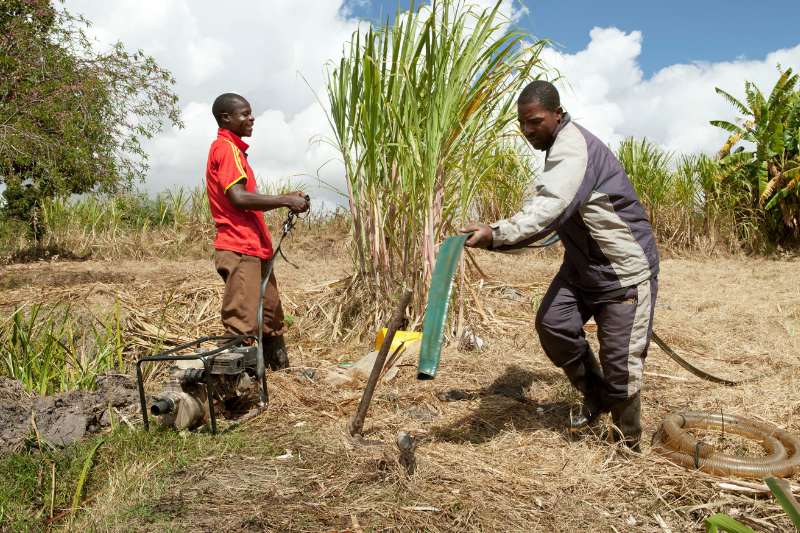
In the future, extreme weather, geo-political instability, and pest and disease outbreaks are likely to exacerbate the risk of food crises.
While there has never been a greater need for coordinated donor investments and collaboration, pressure on resources and weakening multi-lateral cooperation are impairing effective donor coordination.
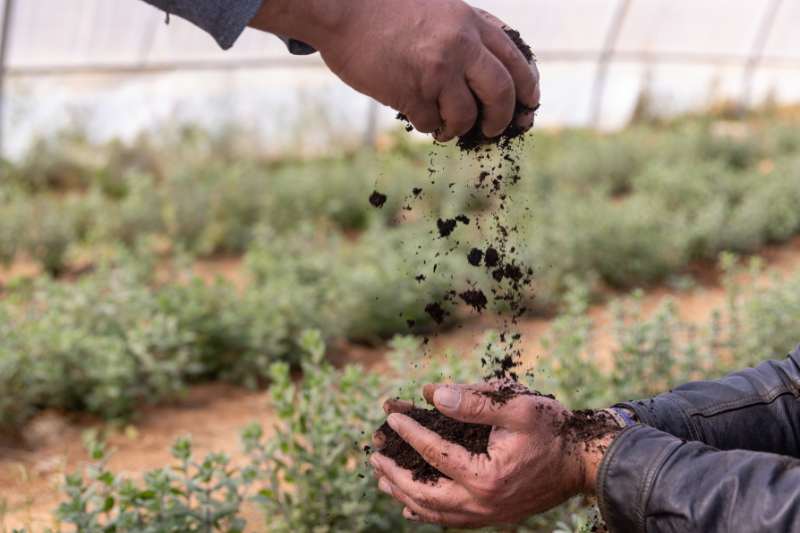
The coming years are likely to see a critical need for balancing short-term crisis response with longer-term development and resilience.
Increasingly scarce donor resources will need to optimize their catalytic potential with greater policy coherence and coordination to create resilient and secure food systems for the future.

